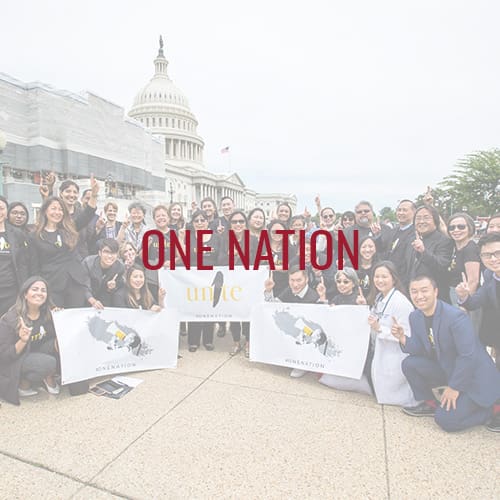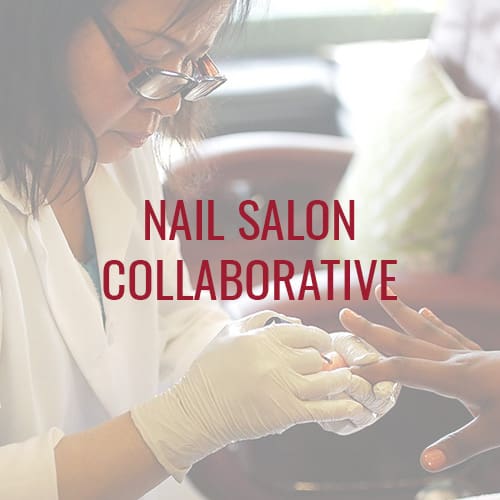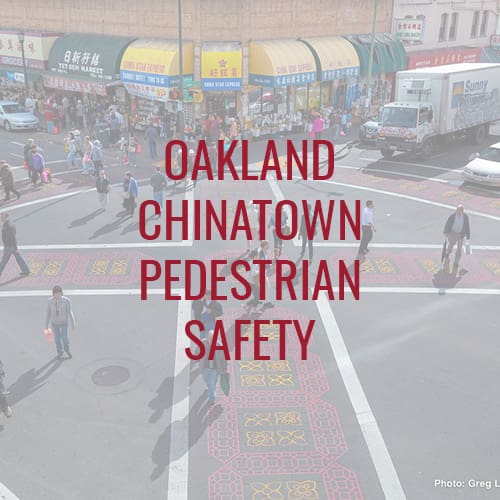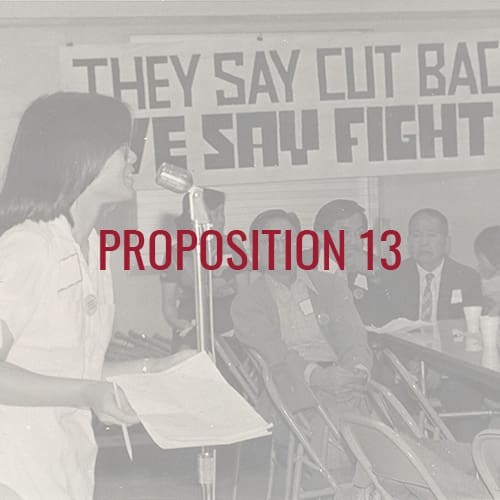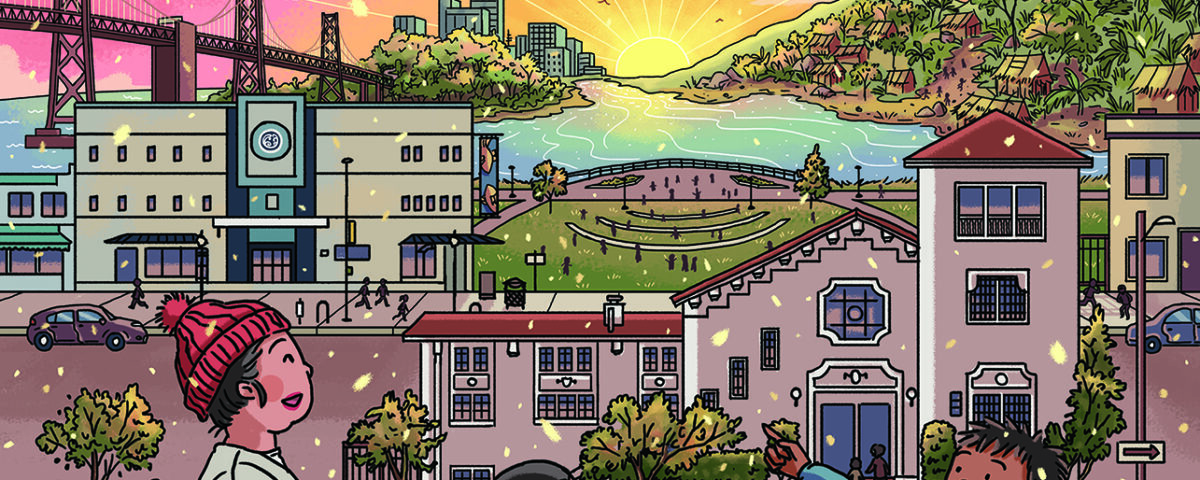
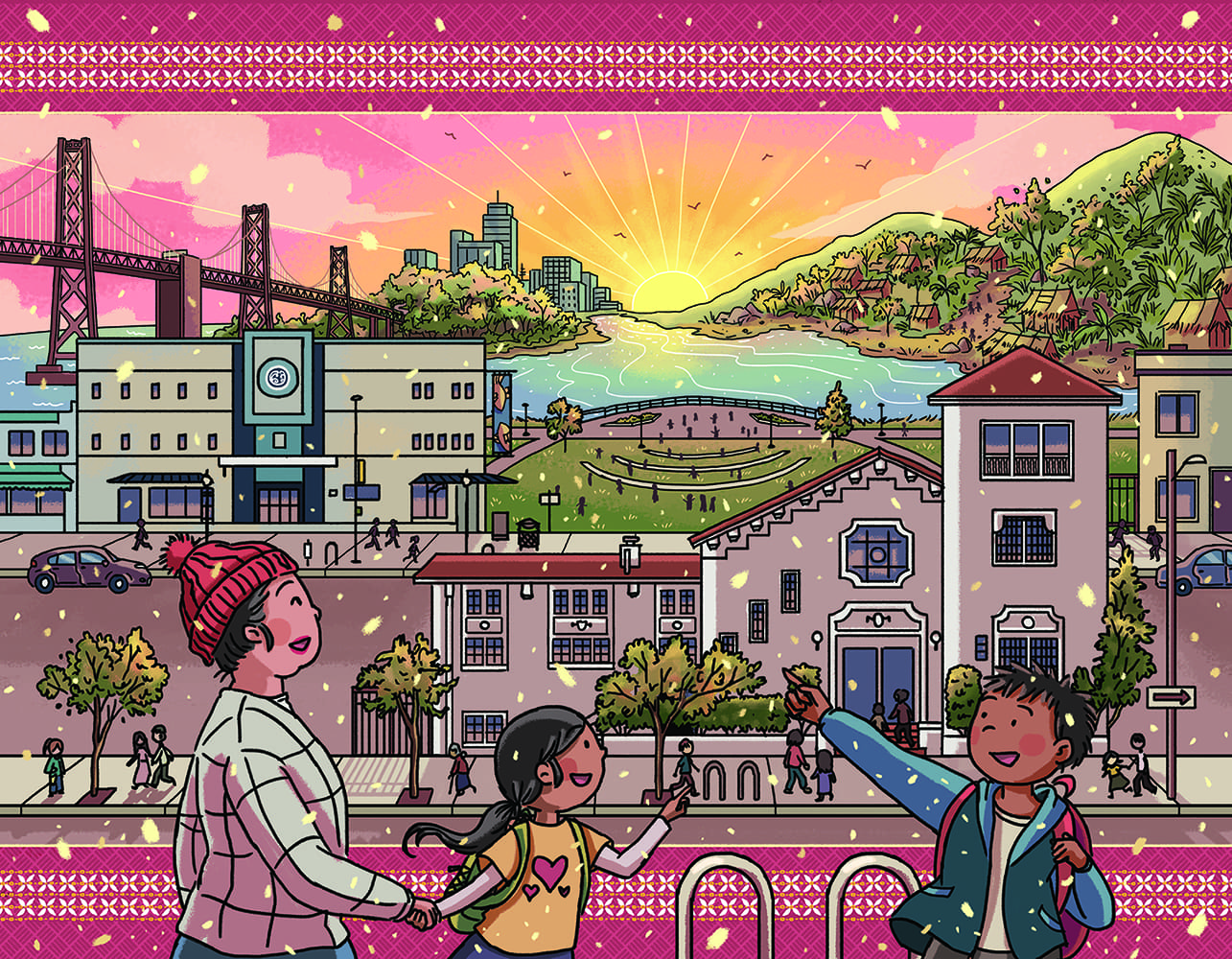
Zar Blue
Before resettling in Oakland with her mother, Zar Blue spent most of her youth in a camp along the Thai-Myanmar border. Today, she keeps her Karen culture alive by teaching language classes to children and sharing her heritage with her local community.
ROOTS & BEGINNINGS
Interviewer: In what year did you come to the United States?
Zar Blue: I came here in 2007.
Interviewer: What was your experience in moving to the U.S.?
Zar Blue: I am very glad that I was able to come to America because it allowed me to escape and be free from running in the jungle during the civil war.
Interviewer: What experience made you feel like you belong or didn’t feel belong?
Zar Blue: When I first arrived in the U.S., I did not understand the language, and we didn’t know how to adjust to our new living environment.
Interviewer: What city are you currently living in?
Zar Blue: I live in Oakland.
Interviewer: How did you end up in Oakland? Did you come here when you moved to America? How did you end up settled in Oakland?
Zar Blue: The United Nations resettlement agency directly resettled my mom and me here in Oakland, California. We came straight to this location and did not come from anywhere else.
Interviewer: Can you think of something from your childhood that you’re happy and surprised to find later when you come to America?
Zar Blue: My childhood was filled with fun activities. I went to school, played with my friends, and we were happy together. We also learned about education and health, which brought me joy.
Interviewer: Do you feel like you found something in your adulthood but similar to that here? Similar to being around friends, having fun, or is there a place similar to that you feel here?
Zar Blue: Yes, after I arrived here, I was able to learn English. I attended ESL classes, where I had a teacher who taught us and made many friends from other camps. It was so much fun! We had the opportunity to learn a new language and further our education.
Interviewer: What about now, what makes you feel happy such as going out with friends or going to church? Like socializing?
Zar Blue: Something that makes me happy is going to church and being able to teach children our language.
AHS + HEALTH SUPPORT
Interviewer: What does having good health mean to you?
Zar Blue: Having good health means feeling happy, being able to walk, move around, and participate in physical activities. It also means being able to help others, like taking our children to school. However, if you are ill, then you are not truly healthy. Our health is the most crucial thing.
Interviewer: How did you discover AHS?
Zar Blue Paw: When I first arrived in the U.S., someone from the IRC helped us and took us to Eastmont Hospital. Later, we heard that the Asian Health Services was in our area and provided medical interpretation, so my mom and I looked for ways to access their services. At that time, we didn’t know anyone working there, but we knew they could help us, so we decided to transfer. Eventually, we discovered that there was a Karen-speaking employee at the clinic.
Interviewer: What is IRC?
Zar Blue: There are two resettlement agencies: Catholic Charities and the IRC. I was resettled by the IRC.
Interviewer: So other people told you about it?
Zar Blue: Yes, there were people who resettled in this country before us, including a friend, who has been working here. Her daughter also works at the AHS. We came here after learning that they were working here.
Interviewer: How did having health care support services in your language in America made you feel?
Zar Blue: Having that support is incredibly beneficial. It allows us to understand health information and take care of our well-being. My mom and I received Karen interpretation for our healthcare needs, and the nurses and doctors ensured we were in good health. They were very kind and made us feel like family. If our health insurance, such as Medicare or Medi-Cal, was discontinued, they helped us reinstate it. Their support has been invaluable, and I am truly grateful.
Interviewer: What is one health advice that you were taught by your elders?
Zar Blue: To stay healthy, we need to eat nutritious foods, exercise, get enough sleep, and stay active. These are the lessons our elders passed down to us.
Interviewer: Are there any last words you want either AHS to know or people in your community to know about either your experience? Is there any last message?
Zar Blue: I would like to sincerely thank all the employees and leadership at AHS. In the future, it will be easier to provide care for them and their families. I am grateful for the opportunity to come and share my experiences. This is also a great opportunity for the Karen community to connect with AHS, as family doctors here can assist newly arrived families who may not yet understand the healthcare system. Their support makes a huge difference in helping these families navigate their new environment. I deeply appreciate the dedication of the staff in assisting individuals with health check-ups and documents they may struggle to understand. Their kindness and commitment ensure that those in need receive the help they deserve. Thank you very much!
COMFORT & COMMUNITY
Interviewer: Where is a neighborhood or place in California that made you feel like you belong or a sense of community?
Zar Blue: Living in Oakland, my neighbors are good people. Some people aren’t very friendly to us because we’re different. In the area where I live, though, people are kind and speak to us warmly.
Interviewer: Is there a specific place that you feel most comfortable or safe or where you belong?
Zar Blue: What I like the most is healthcare, but most importantly, food. However, rent is extremely expensive here.
Interviewer: If you were to close your eyes and think of home, what do you see? Can you envision what’s around you? Can you describe what that place might look like?
Zar Blue: It was hard living in the camp. We only got to eat because we were given food rations. People were friendly; however, we could not go outside the camp. We had to stay in the camp and attend school.
Interviewer: What’s your favorite part about Oakland or Oakland Chinatown?
Zar Blue: I was able to receive healthcare, family health care, and have an easy commute. It’s also easy to find healthy Asian food in Chinatown, and walking is good for your health. However, something I don’t like is that sometimes, when we are walking, we fear gangs or the possibility of being robbed.
Interviewer: Do you feel like in Oakland you created a community with people?
Zar Blue: Yes, and sometimes when people invite us to attend meetings, we go to listen. If the Lao family hosts a workshop, we attend to gain more knowledge. Our Karen people are also able to worship in church and learn our language together.
Interviewer: With your church community, do you feel like a safe space in that as well, or do you feel like you are able to find a place of belonging? Did the Karen Christian church help do that?
Zar Blue: There is no problem. Our Karen people and children will be able to become proficient in Karen. Since our children were born here, they are already fluent in English. Now, they will learn to put God first and also learn about their culture.
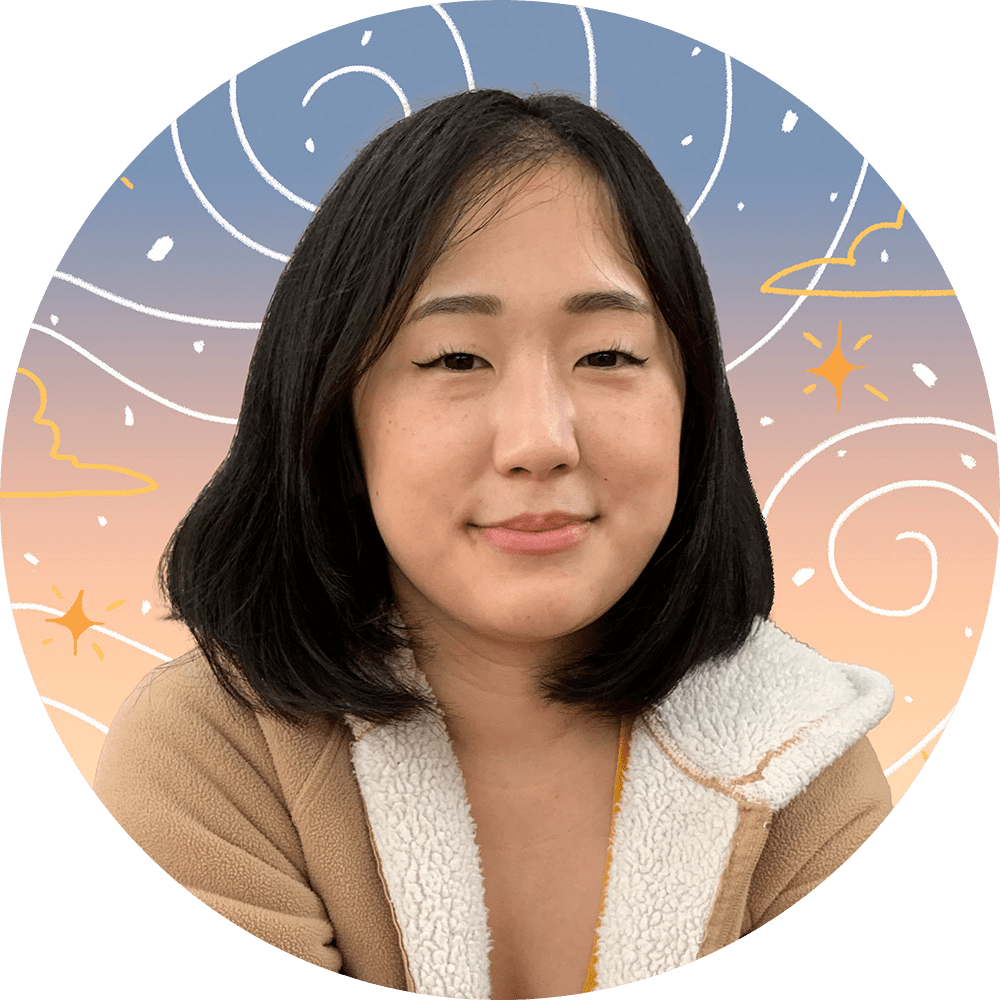
Duachaka Her
Duachaka Her is a Hmong-American cartoonist and illustrator from Wisconsin.

